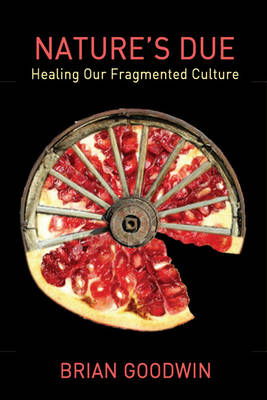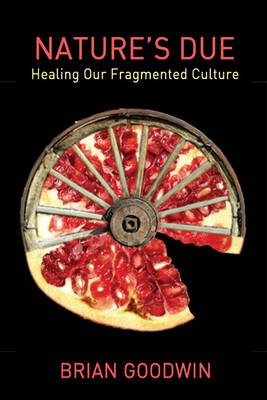
- Retrait gratuit dans votre magasin Club
- 7.000.000 titres dans notre catalogue
- Payer en toute sécurité
- Toujours un magasin près de chez vous
- Retrait gratuit dans votre magasin Club
- 7.000.0000 titres dans notre catalogue
- Payer en toute sécurité
- Toujours un magasin près de chez vous
Description
- By an acclaimed author in his field
- Challenges the ideas of our modern scientific culture
- Far-reaching consequences for how we understand and relate to the natural world
Our scientific culture, which gave birth to modern technology, is in desperate need of change. Science has largely meant groups of specialists working in separate disciplines, seeking answers to narrowly defined questions which have little or nothing to do with the living world. The last few years, however, have seen a shift to a more integrated, holistic approach to how we view and understand our world.
There is still much work to be done. Most modern people have come to accept a fragmented culture whereby science isolates us from the natural world. As a result, we feel we can govern it and dominate it as we please. Brian Goodwin, acclaimed author of How the Leopard Changed Its Spots, argues for a view of nature as complex, interrelated networks of relationships. He proposes that, in order for us to once again work with nature to achieve true sustainability on our planet, we need to adopt a new science, new art, new design, new economics and new patterns of responsibility. We must be willing to pay nature its due: to recognise what we owe to the natural world and resist exploiting it solely for our own ends.
This is an ambitious, wide-ranging book with far-reaching consequences, and will be essential reading for all those interested in how nature and human culture can co-exist in the future.
Spécifications
Parties prenantes
- Auteur(s) :
- Editeur:
Contenu
- Nombre de pages :
- 192
- Langue:
- Anglais
Caractéristiques
- EAN:
- 9780863155963
- Date de parution :
- 15-06-07
- Format:
- Livre broché
- Format numérique:
- Trade paperback (VS)
- Dimensions :
- 160 mm x 232 mm
- Poids :
- 303 g

Les avis
Nous publions uniquement les avis qui respectent les conditions requises. Consultez nos conditions pour les avis.






